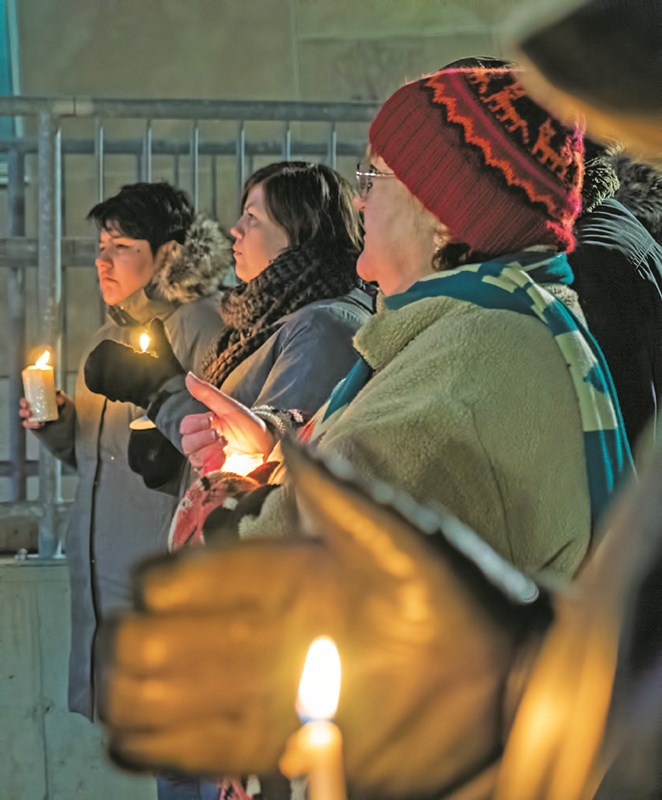Journal Staff
Sarnia’s Indigenous Justice Coordinator is part of group calling for an inquiry into the death of Colten Boushie and the treatment of his family that followed.
Jeff Plain, of Community Legal Assistance Sarnia, is one of five Southwestern Ontario IJCs who penned the letter to Canada’s Justice Minister and Attorney General requesting the inquiry.
Equal access to justice for Indigenous people is a recommendation from the Truth and Reconciliation Commission report, he noted.
“It doesn’t matter where people are, we need to support each other,” said Plain, whose eight-year-old Baamsedaa (Let’s Walk Together) Indigenous justice program has become a model emulated by other Ontario legal clinics.
Boushie, 22, of the Cree Red Pheasant First Nation, was shot and killed by Saskatchewan farmer Gerald Stanley in 2016. Stanley was acquitted on second-degree murder charges on Feb. 9, sparking nationwide protests.
The Sarnia clinic’s executive director, Andrew Bolter, said it’s time Canadian law became a tool for reconciliation and real justice.
“As an ally, I have seen firsthand how the Boushie jury decision has caused re-victimization and hurt in our local Indigenous community.”
The Indigenous Justice Program is delivered by Community Legal Clinics in Southwestern Ontario and funded by Legal Aid Ontario.
